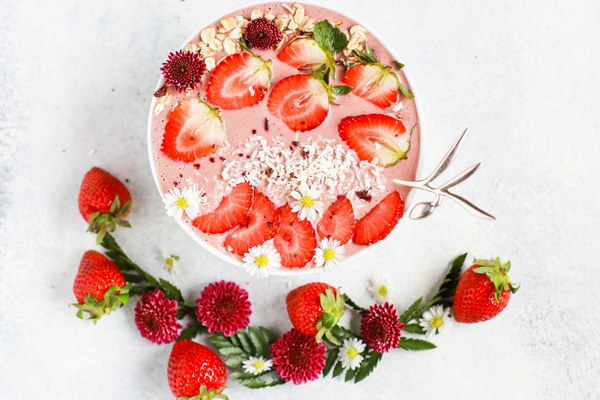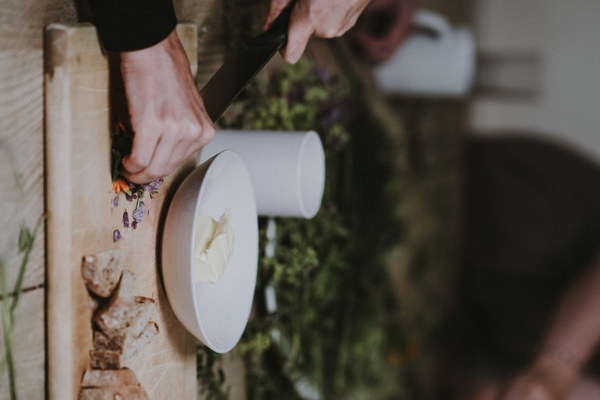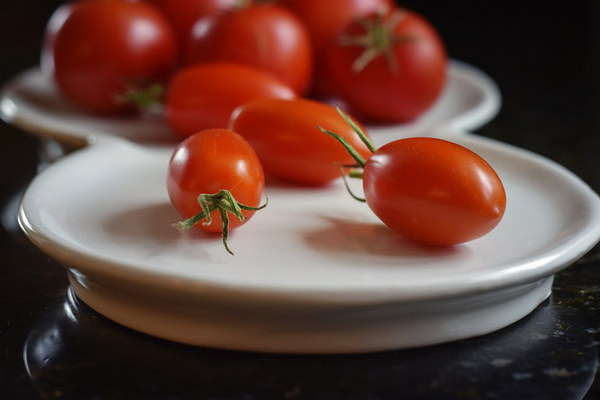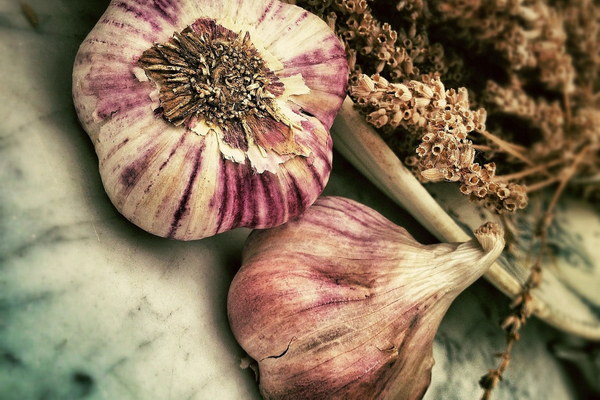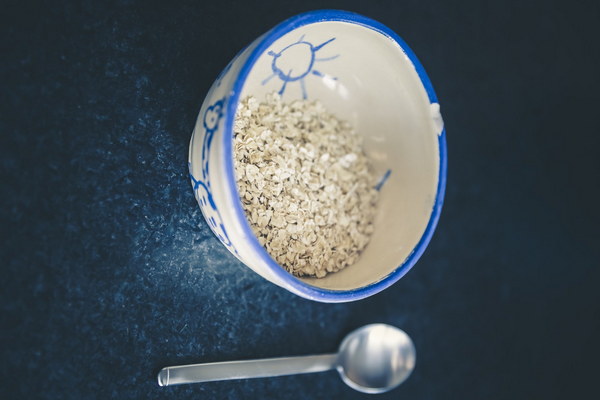The Comprehensive Guide to Herbs and Their Health Benefits Unveiling the Secrets of Decoction Therapy
Introduction:
Traditional Chinese Medicine (TCM) has been practiced for thousands of years, and one of its most ancient and effective methods is decoction therapy. This article aims to provide a comprehensive guide to the knowledge surrounding this therapeutic practice, covering various herbs, their health benefits, and the proper methods for preparing decoctions.
I. Understanding Decoction Therapy
Decoction therapy is a TCM practice that involves boiling herbs in water to extract their medicinal properties. This method ensures that the active compounds in the herbs are effectively released into the water, creating a potent herbal infusion. Decoctions have been used for thousands of years to treat a wide range of ailments, from common colds to chronic diseases.
II. Types of Herbs Used in Decoction Therapy
1. Chinese herbs: These are the most commonly used herbs in TCM, such as ginseng, goji berries, and astragalus. Each herb has unique properties and health benefits, making them suitable for various conditions.
2. Western herbs: Some decoctions may also include Western herbs, such as echinacea, ginger, and turmeric, which are known for their healing properties.
3. Aromatherapy herbs: Certain herbs can be used in decoctions for their aromatic and calming effects, such as lavender, chamomile, and peppermint.
III. Health Benefits of Decoction Therapy
1. Boosting immune system: Many herbs used in decoction therapy have immune-boosting properties, helping to ward off infections and diseases.
2. Promoting digestion: Herbs like ginger and chamomile can help improve digestion, alleviate stomach pain, and reduce bloating.
3. Reducing inflammation: Herbs such as turmeric and willow bark have anti-inflammatory properties, making them beneficial for treating conditions like arthritis and inflammatory bowel disease.
4. Improving sleep: Herbs like valerian root and lavender can help alleviate insomnia and improve sleep quality.
5. Enhancing energy levels: Herbs like ginseng and eleuthero are known for their energy-boosting properties, helping to combat fatigue and improve mental clarity.
IV. Proper Methods for Preparing Decoctions
1. Choose the right herbs: Consult with a TCM practitioner or qualified herbalist to determine the most suitable herbs for your specific health needs.
2. Measure the herbs: Use a scale or measuring cups to ensure accurate dosages.
3. Prepare the decoction: Place the measured herbs in a pot, cover them with water, and bring the mixture to a boil. Then, reduce the heat and simmer for the recommended time.
4. Strain the decoction: Once the herbs have been simmered, strain the mixture to separate the liquid from the plant material.
5. Drink the decoction: Consume the decoction within a specified timeframe, as some herbs lose their effectiveness over time.

V. Safety and Precautions
1. Consult a healthcare professional: Before starting any herbal treatment, it is essential to consult with a healthcare professional to ensure safety and avoid potential interactions with other medications.
2. Avoid self-medication: Some herbs can cause adverse effects or interact with certain medications. Always use herbs under the guidance of a qualified practitioner.
3. Monitor for side effects: Pay attention to any adverse reactions or changes in your health while using herbal remedies.
Conclusion:
Decoction therapy is a valuable part of traditional Chinese medicine, offering a natural and effective way to improve health and wellness. By understanding the types of herbs used, their health benefits, and the proper methods for preparing decoctions, you can make informed decisions about incorporating this ancient practice into your daily life. Remember to consult with a healthcare professional before starting any herbal treatment to ensure safety and effectiveness.

